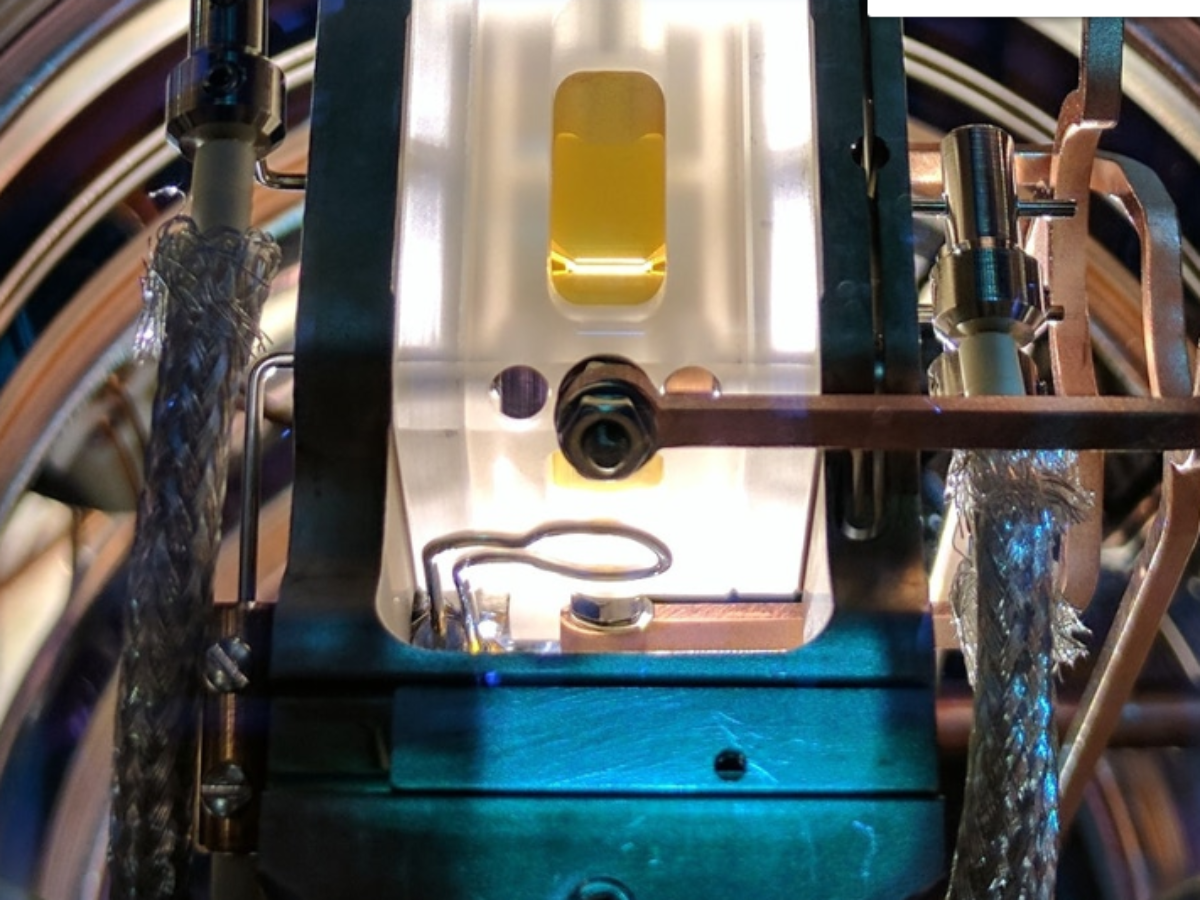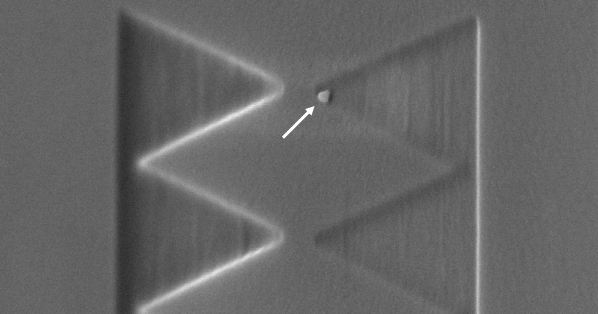Two local companies chase quantum computing success

Analysis by Peter Roberts
A second Australian would-be quantum computer developer has emerged just as a well-known university spin-out in the fast-growing area raises $22 million in venture capital.
Two year old Q-CTRL, a spin-off from the University of Sydney’s Quantum Science group, has raised $22 million in venture capital to advance its work.
This investment, one of the largest VC deals this year, places Q-CTRL in the top 10 most successful fundraisers globally in the emerging quantum technology industry.
Q-CTRL founder Professor Michael Biercuk said: “This funding is an exceptional acknowledgement of the value we are adding to the quantum community and a statement of support for our global ambitions.”
The new raising was led by Australia’s largest venture capital fund Square Peg Capital, with a new syndicate member, Silicon Valley’s Sierra Ventures.
The round also includes participation from existing investors Sequoia Capital, Main Sequence Ventures and Horizons Ventures.
Meanwhile a second company Archer Exploration (ASX: AXE) has listed on the stock exchange and announced progress in constructing a quantum device capable of storing information in the form of qubits.
Archer announced it has assembled the first qubit component of a prototype room-temperature operating quibit processor.
Archer CEO, Dr Mohammad Choucair said positioning quibits accurately on a silicon wafer was extremely difficult.
He said: “However, we have unambiguously achieved this making it possible to scale our chip quibits.”
Choucair previously worked at the University of Sydney and his company operates out of the university’s nanoscience hub. His group was awarded a $15,000 NSW Government grant recently.

Picture shows a single quibit of 50 nanometres size positioned by Archer on a silicon wafer.
In a conventional silicon computer information is stored as individual atoms. In a quantum computer information is stored at the sub-atomic, according to the position of electrons spinning round the atom nucleus.
Archer made no mention in its announcement of the much more difficult task, achieved by the University of Sydney, or storing and retrieving information based on electron position.
Both companies are racing global leaders such as IBM, Rigetti and Google which have developed computers that can rub for very short times before failing.
All are tackling the fragility of these novel devices and their control software.
Q-CTRL is by far the most experienced, is better resourced scientifically and financially, and is firmly based within the University of Sydney.
Q-CTRL already has a range of quantum computing control software products on the market.
Q-CTRL has Rigetti, Bleximo, Accenture and others as customers. Last year it was chosen as the first company outside North America to be included in IBM’s Q Network of start-ups working to advance the emerging quantum computing industry.
Q-CTRL’s Biercuk said: “This capital raise will support major growth for the company, roughly doubling the 25-member team of quantum engineers and software developers.
“It will also support geographic expansion to include a new office in Los Angeles, bringing Q-CTRL staff closer to core customers in the US. It’s a thrilling time for the team and this emerging industry.”
Main picture: Q-CTRL
Subscribe to our free @AuManufacturing newsletter here.
Topics Manufacturing News Technology
@aumanufacturing Sections
Analysis and Commentary Awards Defence Manufacturing News Podcast Technology Videos










